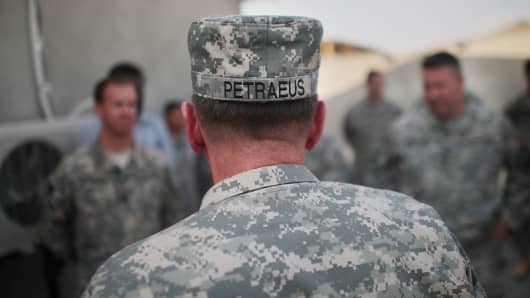Take the Ivy League and the military.
•Ivy League students rarely flunk out. Once they are admitted into elite universities, they become individually too big to fail. They are protected from their own lack of diligence by their status as members of the academic elite. This status gives them near-automatic access to elite professions and graduate schools, so the too big to fail problem of the Ivy League corrupts broader society.
•Top military brass stay at the top these days. Here's how Max Boot puts it in his review of Thomas Ricks's book The Generals.
Generals still get relieved — the fate suffered by, among others, the commander of the Walter Reed Army Medical Center and the surgeon general of the Army after a scandal was uncovered in 2007 — but usually only when their political masters intervene. Seldom are Army officers cashiered anymore by their military superiors and especially not for mere failure to perform at the highest level in wartime. Normally it takes a sexual or other scandal to bring down a senior officer. "As matters stand now," Paul Yingling, then a lieutenant colonel, wrote in a celebrated 2007 article, "a private who loses a rifle suffers far greater consequences than a general who loses a war."
The flip side of the current system is that promotion even for the most successful combat leaders occurs at a glacial pace: Just as there is scant penalty for failure, there is also little short-term promise of reward for outstanding leadership. No one rockets to the top the way Eisenhower did.
Nassim Taleb deals with the problem with his concept of "skin in the game." The idea is that people who have skin in the game — that is, something to lose if things go awry — will produce better information, better management, and better outcomes. People without skin in the game, have less to lose and therefore exercise less diligence.
From the Ivy League to the top ranks of our military, skin in the game is lacking. This problem seems endemic to our society, rather than something confined to Wall Street.
Follow me on Twitter @Carney



